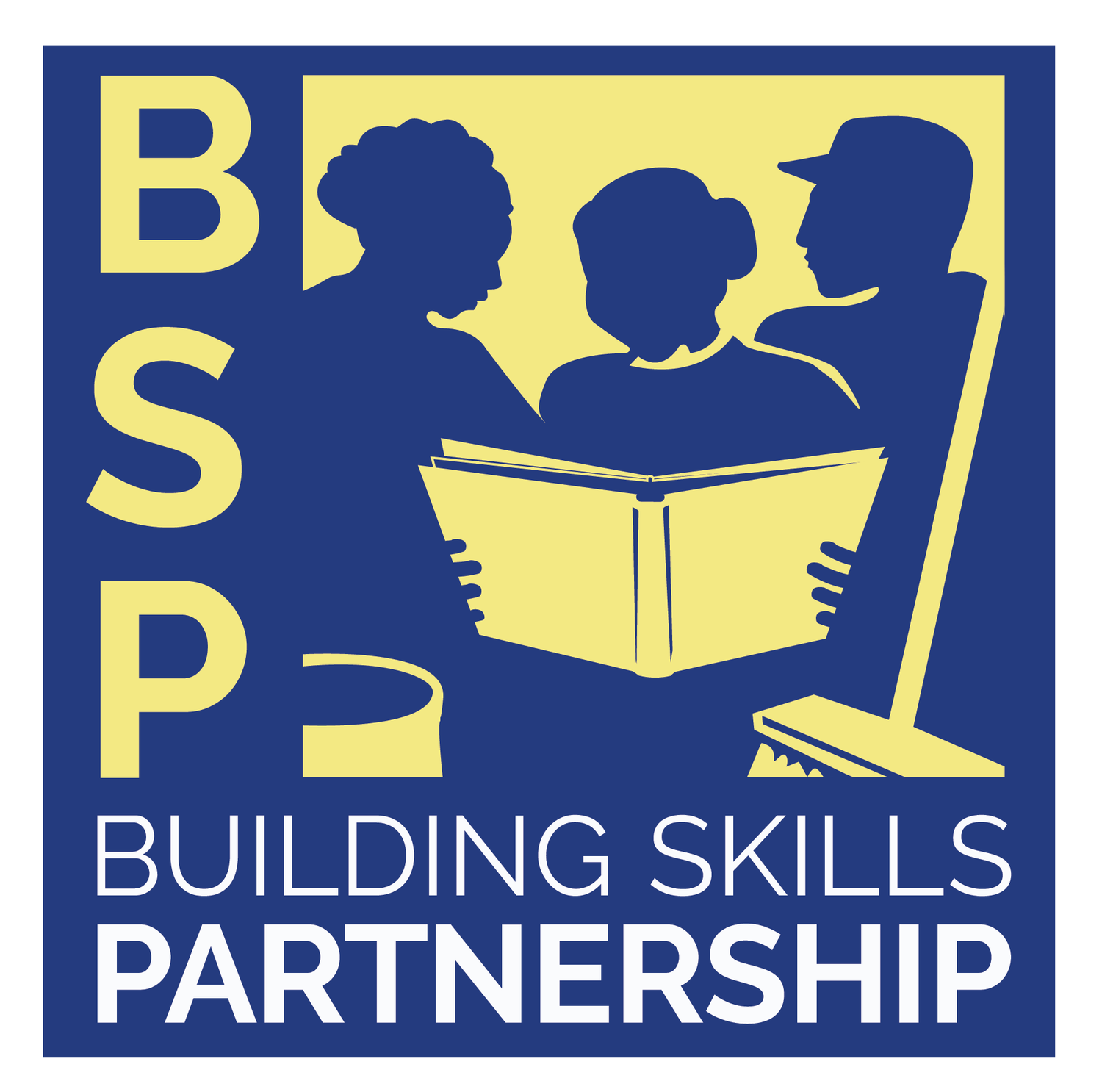Single-Mom Janitor Prospers Through College-Readiness
Single mom, Jenny Mejia and her two sons pictured with a computer provided by BSP’s Digital Equity initiatives!
Workers of color and immigrant workers were disproportionately devastated by the pandemic while working on the front lines to help keep the public safe, clean, and moving forward. Society has a new understanding and appreciation of the work these types of employees do every single day, no matter what.
Jenny Mejia of Los Angeles is a single mother of two who works as a janitor. During the pandemic, she lost her permanent position and was switched to a temp worker at a new building with a reduction of hours.
Property service workers such as janitors typically work from the late afternoon until the early morning. Jenny’s work shift starts from 5:30pm to 2:00am. She then comes home and grows busy, juggling the duties of single motherhood, work, and other life commitments.
With limited resources and time, Jenny is continuously seeking opportunities to enhance the lives of her sons, Anthony and Eduardo, who are in 2nd and 6th grades, respectively.
BSP Parent Engagement and Education programs encourage collegiate success for low-income families at an early age, letting them know that a higher education is possible.
Through information provided by her workplace, Jenny was introduced to Building Skills Partnership (BSP), a nonprofit organization with programs aimed to improve the quality of life of property service workers in low-wage industries, as well as their families and communities by increasing their access to education, leadership, and career advancement.
“I found out about BSP Parent University programs and I knew it was something that I needed to learn more about for my sons,” said Jenny.
BSP’s parent education and engagement program, “Parent University” focuses on giving BSP workers and their children educational opportunities to support academic success. The initiatives aim to break the cycle of poverty through guidance on navigating the educational system, childhood enrichment opportunities and scholarships.
BSP organizes workshops, trainings, museums and university visits geared towards informing workers about how they can become involved in their children’s education to help make their college dreams a reality.
“My sons have thrived in the Parent University program,” explained Jenny, who has been involved with the initiatives for the last six years.
Her family has specifically participated in parent workshops, college campus visits, science center & museum visits, and STEAM (science, tech, engineering, arts, math) activities offered to her children. Jenny has also gained knowledge on how to navigate the educational system to best support her kids.
BSP Parent University programs helps organize and facilitate college tours for low-income families, leading them to knowledge on college admittance and scholarships. Jenny and her sons pictures in front row.
Through the College Access component of BSP Parent Education programs, BSP increases students’ engagement at school and throughout their educational journeys, in order to promote positive academic behaviors by increasing family connections to school-based information.
Increasing parents’ knowledge centered on college & career readiness, the college application process, college matriculation, college success, and fostering parent leadership in their children's schools helps create an environment of academic success. Parents also learn that a higher education is possible for their kids.
During the spring of 2021, Jenny participated in BSP’s Digital Literacy program and was identified as a parent who could benefit from the organization’s Digital Equity campaign. She received a free laptop and digital literacy courses provided by the nonprofit, so her family could learn how to properly use the new device.
“My children have learned more about STEAM and they have really enjoyed it! As a parent, I feel more prepared to support my children after attending workshops, learning about scholarships, and how to pay for college,” said Jenny.
When asked what she would like Parent University to provide in the future, the single mom of two says: “To continue to have programming like [this] so that when my children grow up to be in high school, they can fully understand the way to get to college.”
ABOUT BSP
Founded in 2007, BSP offers programs throughout California, serving Los Angeles, Oakland, Orange County, Palo Alto, Sacramento, San Diego, and San Jose. The organization serves 5,500 individuals annually and provides opportunities to fully address the unique barriers immigrant workers and their families face in realizing the benefits of social, civic, and economic integration.



